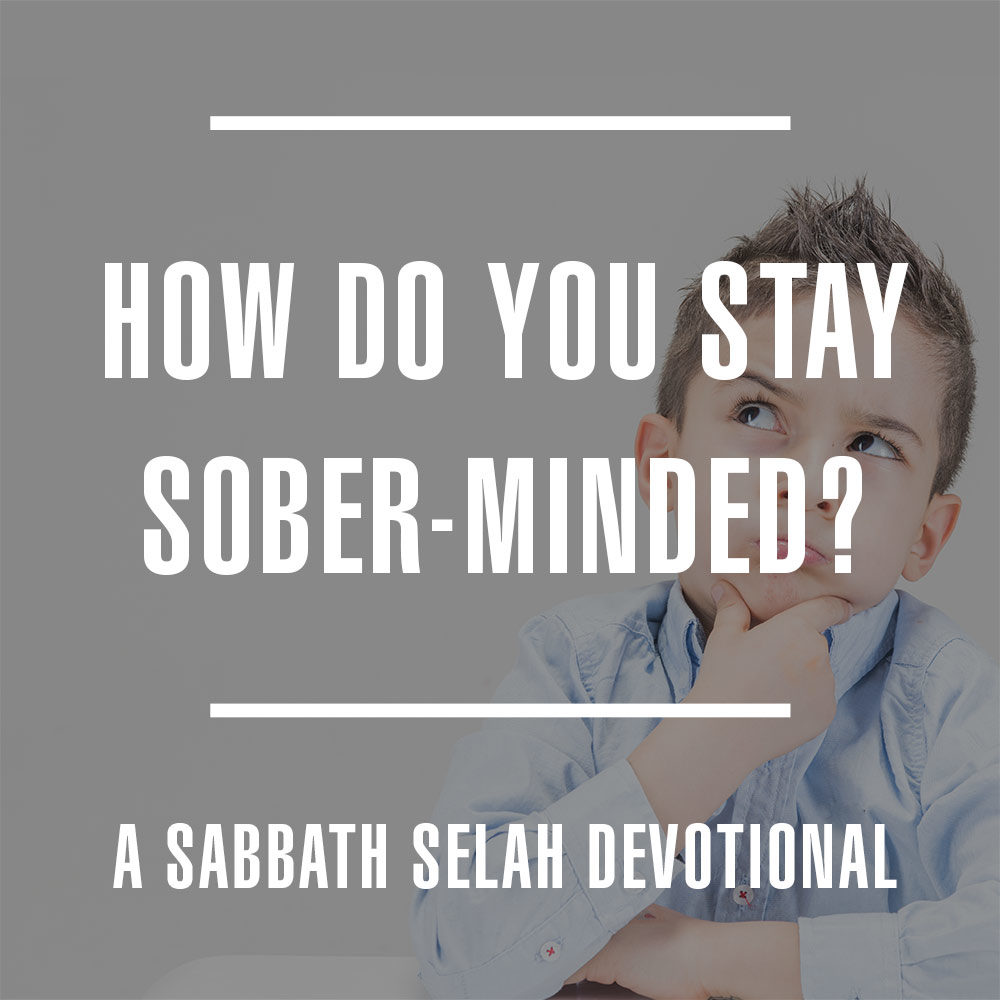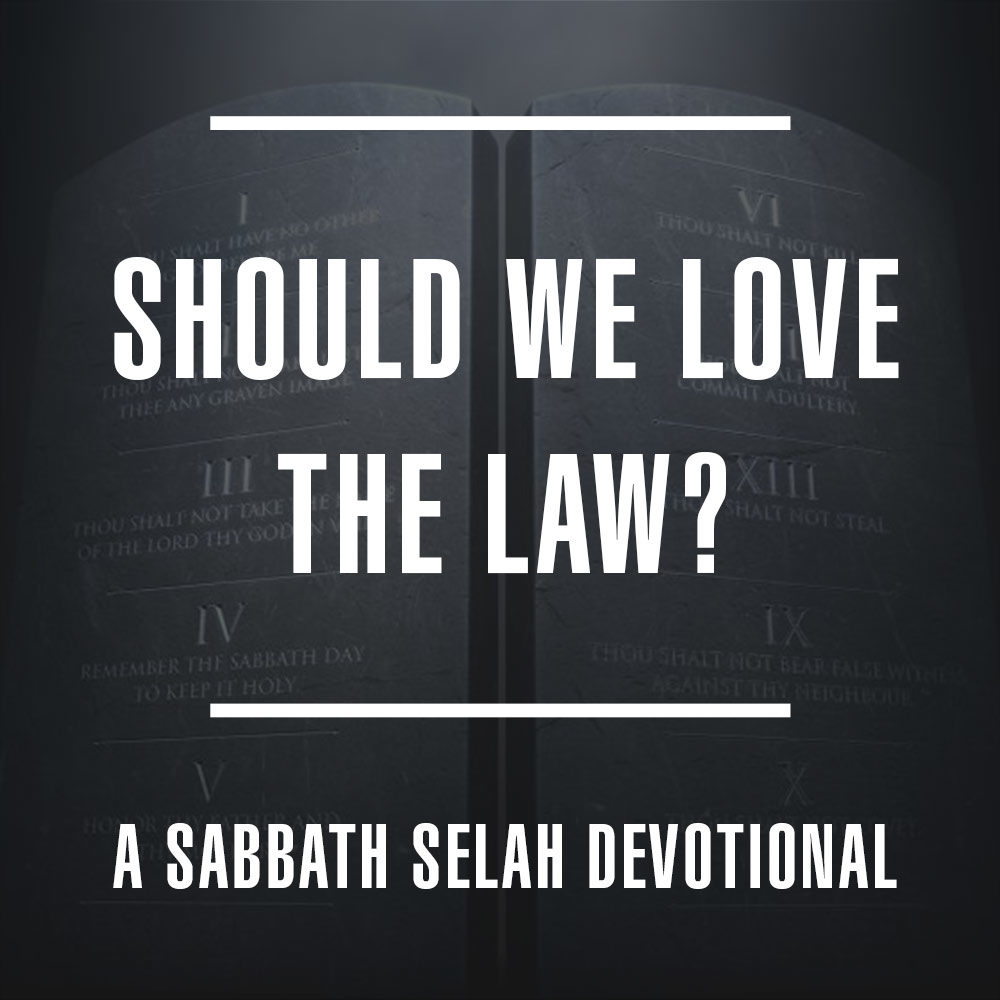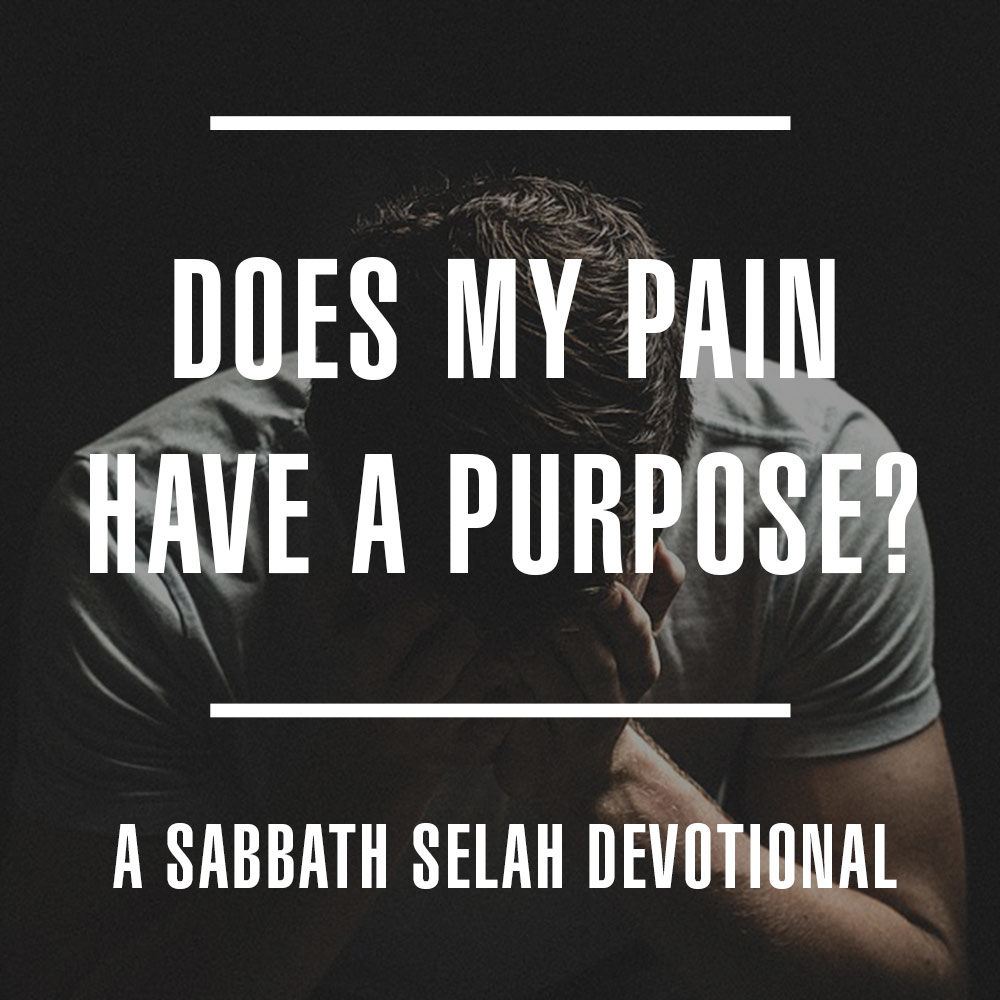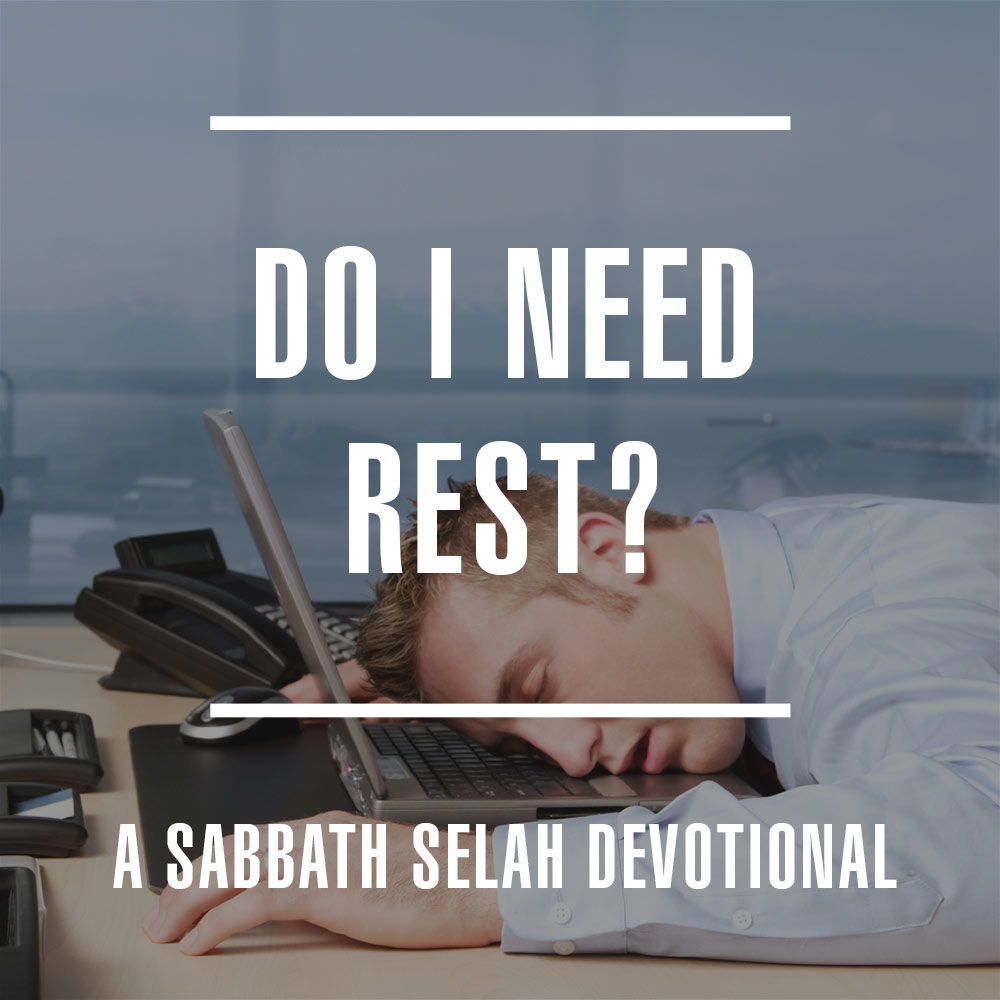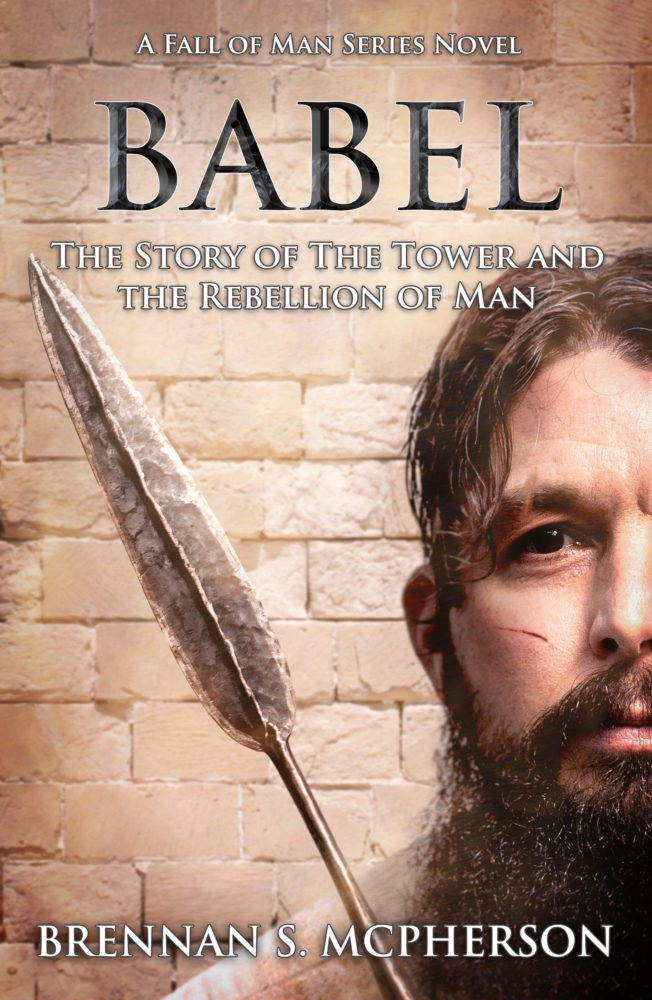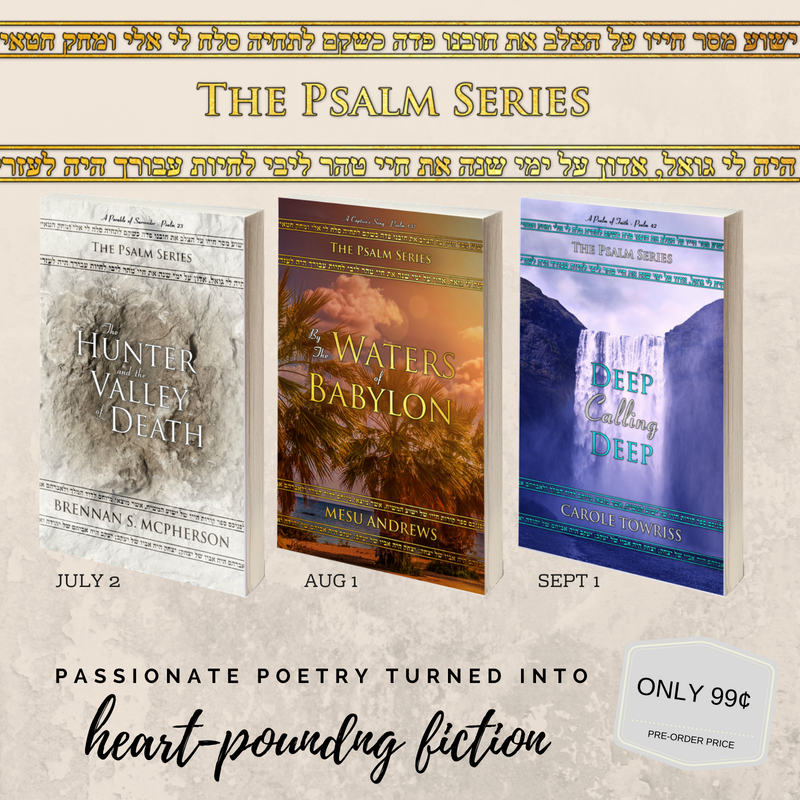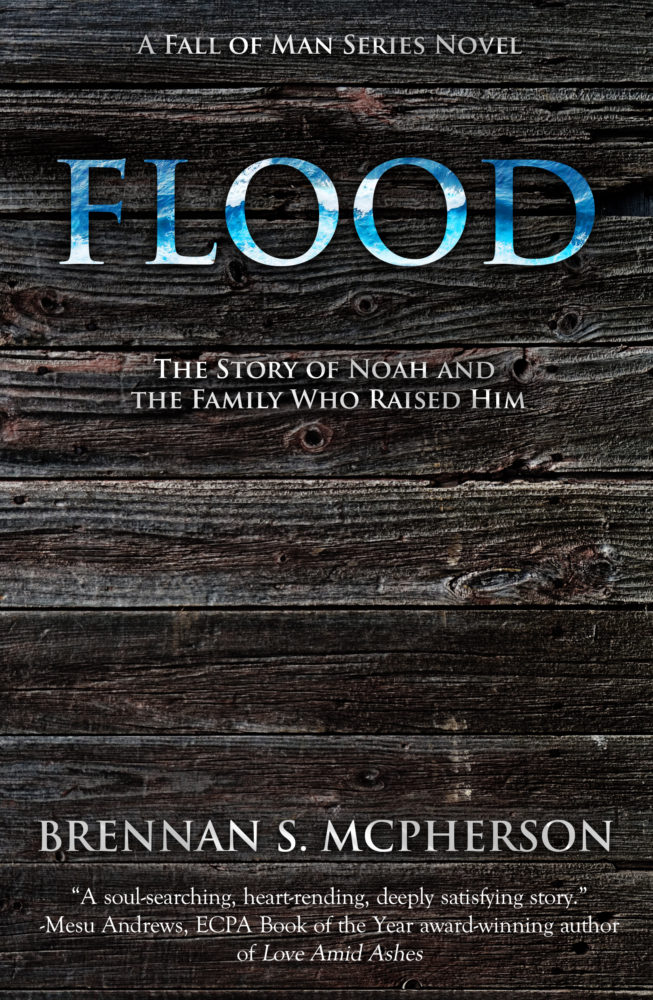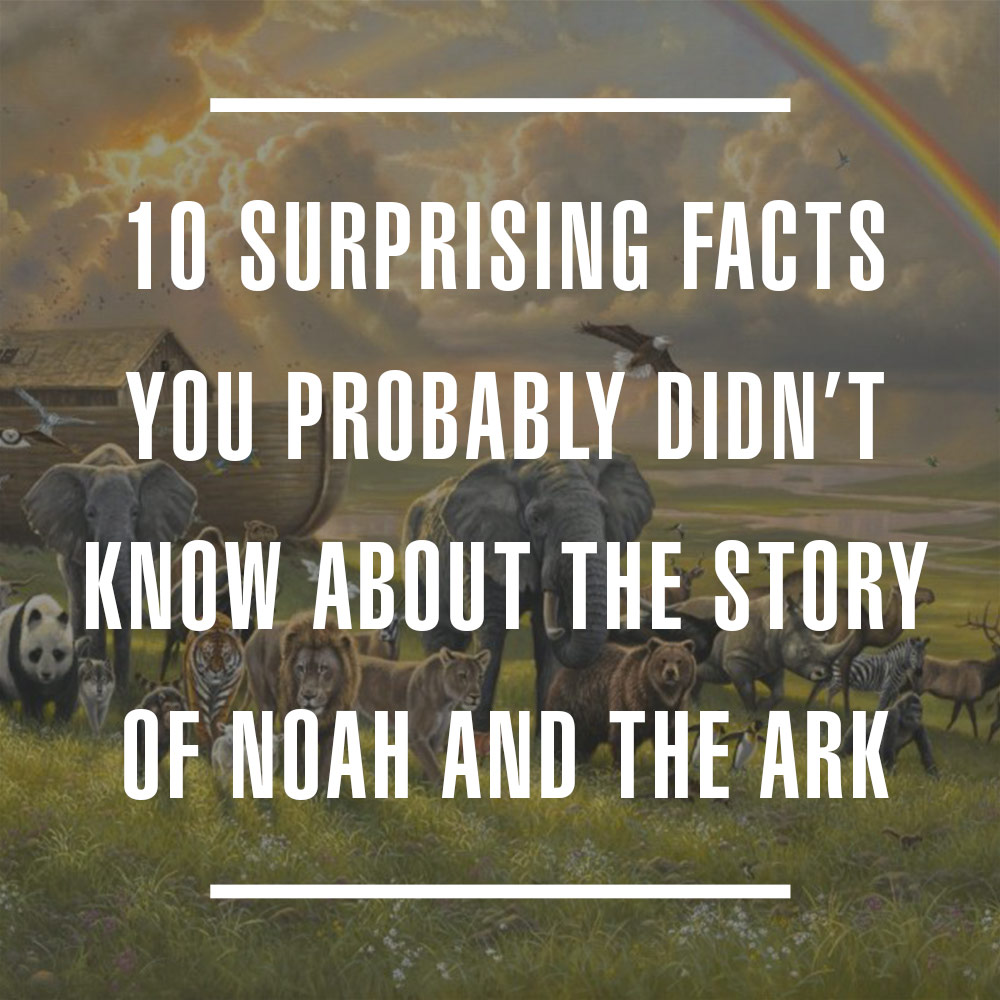
When I first heard the story of the Tower of Babel as a kid, it took everything in me to not burst out laughing. I mean, come on. Some guy named Nimrod builds a tower that he thinks is going to reach to the heavens (what a nimrod) and God punishes him? That’s funny.
But is that really the story? Ho-ho! Upon closer look, we see that’s not quite what happened! And neither is the story any laughing matter. So, let’s dive through 10 facts you might not know about the story of the Tower of Babel in the book of Genesis:
1. The entire account of the Tower of Babel is in Genesis 11:1-9, but additional details and references are found from Genesis 9 through Genesis 11:26. There’s WAY too much here for just one point, so suffice it to say that to get a true understanding of the events in Genesis 11:1-9, you have to dig deep and cross-reference the surrounding Scripture text heavily. Because Genesis is written as what seems to be a poetic historical account, the events of the flood in Genesis 6-9 directly impact the events of the Tower of Babel. As do the troubles between Noah and his children, Shem, Ham, and Japheth. In addition, the text of Genesis 9 through Genesis 11 is not perfectly chronological. Noah’s death is talked about in Genesis 9, and yet Noah was alive during the events of the tower of Babel in Genesis 11. This is part of the reason why we have to read carefully, and cross-reference often, to make sense of the nuanced details in the story.
2. The story of the Tower of Babel wouldn’t have happened without Noah getting drunk in Genesis 9. In Genesis 9:18-29, we are given a general overview of the breakdown of Noah’s family, and the end of Noah’s life. Noah plants a vineyard, gets drunk, then gets naked (that’s weird), and his son Ham sees him naked and ridicules him to the family. Noah wakes up, hears what happened, and curses Ham’s lineage instead of directly cursing Ham, because as a prophet of God, Noah doesn’t presume to curse whom God has blessed (Genesis 9:1). This curse splits the family, and Noah’s failure to be a spiritual leader in his family is part of what allows the events of the tower of Babel to happen, because the Tower was most likely a religious structure made to aid in the worship of the celestial bodies (i.e. sun, stars, moon, and stuff). If Noah had not allowed a schism in his family, he would have been more capable of speaking against occurrences of idolatry. Seeing this connection, along with the next point, was what gave rise to the plot for my full-length novelization of the story titled, BABEL: The Story of the Tower and the Rebellion of Man.
3. Noah was almost certainly alive during the events of the tower of Babel. This blew my mind. In Genesis 9:28-29, we’re told that Noah lived 350 years after the flood, and died when he was 950 years old (his bunions must have been downright epic). If we flip ahead to Genesis 11:10, we find several VERY interesting clues that help us piece together a reasonably accurate timeline. Shem’s son Arpachshad (what a mouthful) was born two years after the flood. If we assume that every descendant afterward is a father-son relationship (meaning that there’s no skipping generations—which we see evidence of in other genealogies in Scripture), we end up finding out that a guy named Peleg was born 101 years after the flood. We’re also told Peleg lived 239 years, so he died 340 years after the flood (ten years before Noah died). We’re also told in the mirrored genealogy in Genesis 10 that the earth was “divided” in Peleg’s lifetime. We know that this doesn’t refer to a continental divide, or the flood, because the flood happened 101 years before Peleg was born, and a continental divide would have caused worldwide flooding again (which God promised to never do). The only other divide we’re told about in Scripture is the divide in languages and countries from the events at the Tower of Babel. Thus, we can safely assume Noah was alive during the events of the tower of Babel.
4. Abram could have been alive during the events of the tower of Babel, and was definitely alive during Noah’s lifetime. Following the timeline given in Genesis 11 (along with the assumption we already talked about in point 3 above), we see that Abram was born 292 years after the flood. This is 58 years before Noah died, and 48 years before Peleg died. It’s therefore reasonable to assume that Abram could have both known about (or been present at) the Tower of Babel event, and that he could have been directly discipled by Noah himself, learning about the beginning of the universe and the world’s greatest cataclysm from someone who had experienced the violent baptism of the world first-hand. In addition, Noah’s father, Lamech, could have known Seth (Adam’s son), and gotten a second-hand account of the garden of Eden. Not hard to see how an accurate oral tradition about the beginnings of the universe could have been passed down to Abram’s lineage and written in some form in his day (because they definitely had Semitic cuneiform writing back during the Tower of Babel days).
5. The Tower of Babel story could have happened anywhere from 101 years after the flood, to 340 years after the flood. This is interesting for several reasons. The closer the events were to the timing of the flood, the more we question what in the world Noah was doing during the events of the Tower of Babel. Why wasn’t the prophet of God stopping the world from gathering in rebellion against God with blatant idolatry? This was the provocative “What-if” question that gave rise to my novel, BABEL: The Story of the Tower and the Rebellion of Man, which is (you guessed it) largely about Noah’s involvement (and failure) in the events at the Tower of Babel. But in addition to that, we can also see that the population size could have varied widely, from a thousand or so people, to tens of thousands of people.
6. Just like the hundreds of flood myths in myriad cultures around the world, there are countless myths about the confusion of the world’s languages. Many of these language myths arose through oral tradition in areas that were untouched by the biblical text, which strongly indicates that there was a real event that spawned the disparate accounts. Some of the accounts include an Australian myth that attributes the language split to cannibalism, an African tale where madness struck people during a famine and they all spoke different languages and scattered, and a Polynesian tale that talks of a God who, in his fury, scattered the builders of a tower, broke its foundation, and made the builders speak in many different languages. Pretty crazy, right?
7. It’s likely Nimrod didn’t build Babel OR the Tower. In fact, it’s almost certain that Nimrod didn’t build either, though he was likely involved in the process. We’re told in Genesis 10:9 that Nimrod was primarily a hunter (a man of violence), and that the “beginning of his kingdom” was Babel, among other cities, before he went and built Nineveh, among others. If he built Babel, it likely would’ve said so there. In addition, the actual account of the Tower of Babel in Genesis 11 cites that the people communally said to one another, “let us build ourselves a city and a tower with its top in the heavens.” There was no one person who was commanding the building, but rather a group deciding in unison. Again, Nimrod could have been involved in this process. Or, he could have come to power afterward.
8. The trinity was involved at the events of the Tower of Babel. Traditional interpretation of Genesis 11, and God’s words saying, “Let us go down and see the tower” that mankind had built, is that Jesus, God (Yahweh), and the Holy Spirit were present and involved in the event. This makes sense with our New Testament understanding of the trinity for several reasons. First, Jesus is the Word, and his relation to God’s spoken revelation is inseparable throughout Scripture. Second, the world was created through Jesus (John 1:3), so he and the Holy Spirit are shown as involved in everything God has done from the beginning (“Spirit hovered over the face of the waters”). We also know the Holy Spirit’s involvement in human speech is profound from the account at Pentecost in the Book of Acts, which seems to be a sort of divine symbolic reversal of the confusion of languages at the Tower of Babel. Furthermore, if God was speaking in the plural to beings unified with him and who needed to be involved at the Tower, he would have been speaking to Jesus and the Holy Spirit. If God took a physical form in some way, traditional interpretation says that it would likely have been as a humanoid prefigurement of the Christ. Now we’re getting kinda “out there,” but this is important because we can then see Christ and the Holy Spirit at work in this ancient, Old Testament story, along with links to their work in the New Testament church and the covenant we have with God under Christ’s sacrifice and resurrection. Because Noah was a type of Adam. The world began anew with him through the baptism of the world. And we know that Christ is the last Adam, the undoing of Adam’s mistakes, and that his baptism is by the Spirit, not by water, which only pointed ahead to the baptism we experience through Christ’s blood. Baptism came to represent the death of the old world because of the literal destruction of the old world through water at the almighty hand of God. In this way, we see powerful symbolic connections and importance layered into the Tower of Babel story, and the lives of those involved.
9. The tower of Babel was likely finished when the languages were confused. In Genesis 11:5, it says God went down to see the city and the tower which the children of man “had built.” In addition, In Genesis 11:8, it claims God spread them out from there over the face of the earth, and that the people left off building the city (but not the tower, which implies the tower was already finished).
10. For the last time, the Tower of Babel story is NOT about technological advancement. Baked bricks were no new technology. In fact, though modern sociologists who don’t hold the Bible to be trustworthy often say that iron-working didn’t exist until much later, the Bible claims that in the first couple generations of humanity’s existence (long before the flood), humanity was building cities, creating pipe and stringed instruments, forging bronze and iron, and cultivating livestock (Genesis 4:19-22). So, we know that brick-making and using mortar were no great technological advancements. Especially after reminding ourselves that Noah (who was still alive) built the world’s largest wooden boat, waterproofed it with pitch, and survived the greatest cataclysm to ever strike the earth. The point of the story of the Tower of Babel is to illustrate man’s pride (wanting to make a name for themselves separate from their identity as children of God – i.e. “children of man”), along with man’s tendency toward idolatry, and God’s unlimited power coupled with his mercy and gentleness. The confusion of languages was a brilliant, non-violent way of disrupting their prideful plans. All in all, however, this story is a fascinating view into human nature, family dynamics, mankind’s purpose and ambition, and God’s personhood. If you want a more detailed historical study on the Tower of Babel, check out Bodie Hodge’s book, Tower of Babel, which is a careful study of the historical details, and which is endorsed by Answers in Genesis.
Before working on the full-length novelization of the story of the Tower of Babel (BABEL: The Story of the Tower and the Rebellion of Mankind), I didn’t know any of this. This is part of the reason why I love writing biblical fiction. It drives me back to the text of the Bible in a way nothing else does. I hope reading it does the same for you! Blessings, and thanks for reading. And if you want to pick up a copy of the book, you can do so here: GET BABEL NOW

